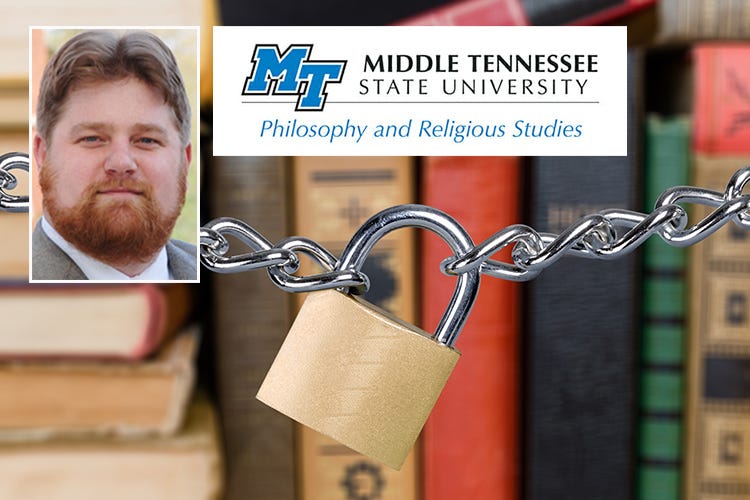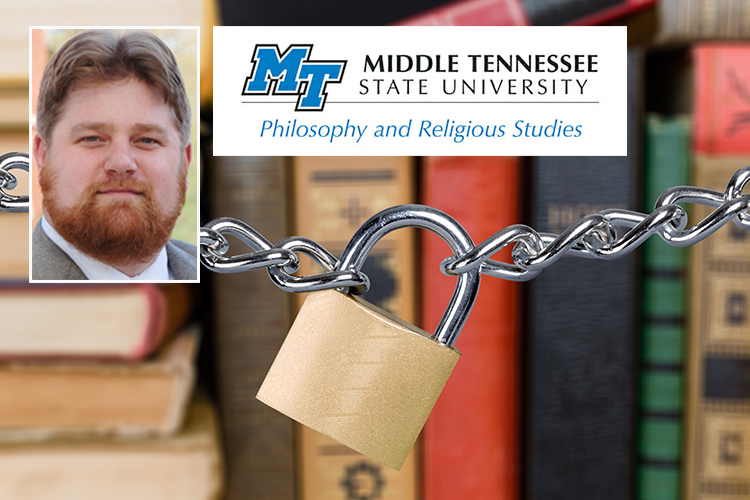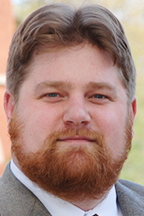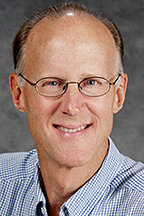John Lachs
educator philosopherJohn Lachs, Hungarian philosopher, educator. Recipient Award for Advancement of Scholarship Phi Beta Kappa, 1962, Harris Harbison award for distinguished teaching Danforth Foundation, 1967, Chancellor's cup Vanderbilt University, 1970, Madison Sarratt prize excellence undergraduate teaching, 1972, Alumni Education award Vanderbilt University, 1991, Grad Teaching award, 2000, Herbert Schneider award, 1997, Teaching Freshman award, 1999.
Background
Lachs, John was born on July 17, 1934 in Budapest, Hungary. Arrived in United States, 1957. Son of Julius and Magda (Brod) Lachs.
Education
Bachelor of Arts, McGill University, 1956; Master of Arts, McGill University, 1957; Doctor of Philosophy, Yale, 1961.
Career
He served as President of the Metaphysical Society of America in 1997. His style is highly accessible as Lachs is committed to making philosophical questions and their discussion come within the grasp of all his audiences. Lachs is a pragmatist in the tradition of William James and Josiah Royce.
He was President of the William James Society in 2007.
Lachs is the faculty adviser of Young Americans for Liberty at Vanderbilt University and is a libertarian. His philosophical interests center on human nature.
This takes him into metaphysics, philosophy of mind, political philosophy, and ethics. Lachs is general editor of the Encyclopedia of American Philosophy.
An issue of The Journal of Speculative Philosophy will be devoted to his essay "Both Better Office and Better: Moral Progress Amid Continuing Carnage," with responses from a half dozen philosophers.
He is also chair of the American Philosophical Association"s Centennial Committee, charged with celebrating the private value and social usefulness of philosophy. Plans are being made for activities throughout the country, ranging from radio programs to book signings and coffee house conversations, designed to show the relevance of philosophy to life.
Achievements
John Lachs has been listed as a noteworthy Philosopher, educator by Marquis Who's Who.
Works
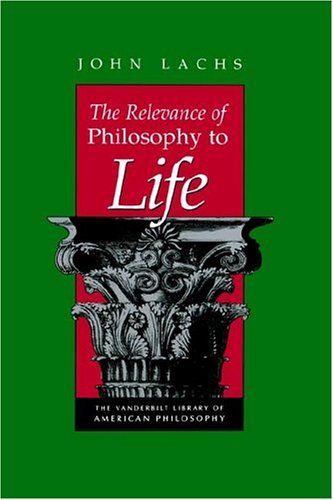
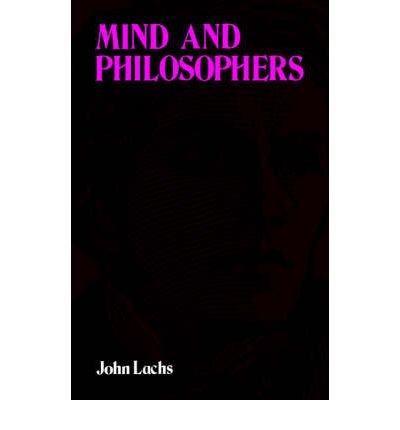
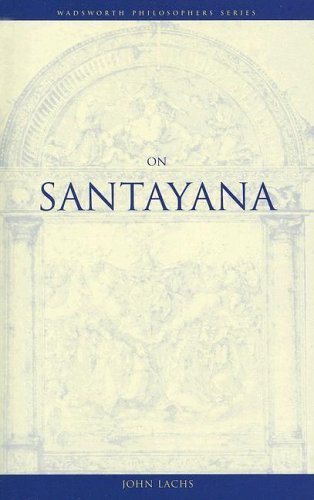
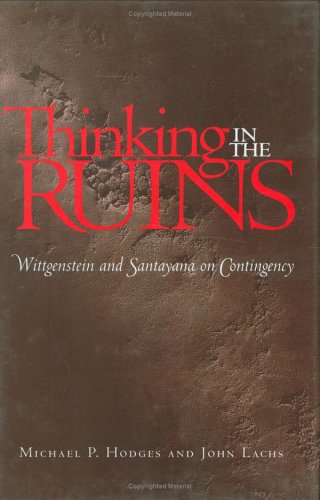
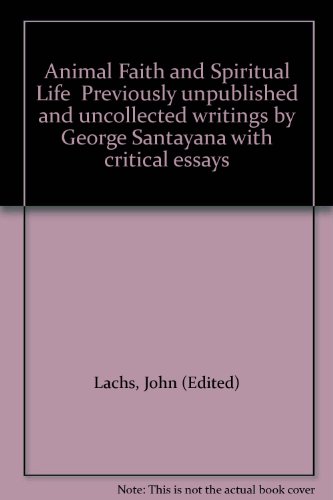
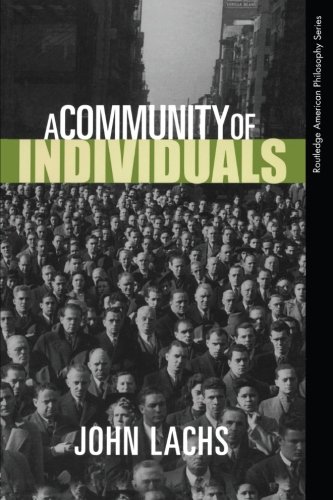
(Designed to guide the student or scholar through the maze...)
The Relevance of Philosophy to Life (The Vanderbilt Library of American Philosophy) (With The Relevance of Philosophy to Life, eminent America...)
Thinking in the Ruins: Wittgenstein and Santayana on Contingency (The Vanderbilt Library of American Philosophy) (While Ludwig Wittgenstein (1889-1951) and George Santayan...)
On Santayana (Wadsworth Philosopher) (ON SANTAYANA, like other titles in the Wadsworth Philosop...)
All works
Views
His primary focus is on American philosophy (he has written a book and several articles on George Santayana) and German Idealism. He has continuing research interests in American philosophy and in German Idealism, along with research and teaching interests in medical and business ethics.
Membership
Past chairman Tennessee Committee for Humanities. Member International Neoplatonic Society, World Sociology Association (alienation research committee), American Academy Political and Social Science, American Philosophical Association, Metaphys. Society American (past president), Royal Institute Philosophy, Society Advancement American Philosophy (past president), Society Health and Human Values, Christian Science Peirce Society (past president), Virginia Philosophical Association, Tennessee Philosophical Association, Southern Society.Philosophy and Psychology, Hasting Center.
Connections
Married Shirley Marie Mellow, June 3, 1967. Children: Sheila Marie, James Richard.
Father:Julius Lachs. Mother:Magda (Brod) Lachs, Spouse:Shirley Marie Mellow, child:Sheila Marie Lachs,
child:James Richard Lachs.
https://prabook.com/web/john.lachs/435166==
Apr 2, 2021
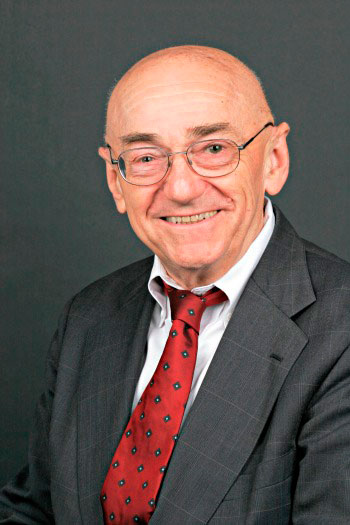
Centennial Professor of Philosophy
John Lachs will retire and receive emeritus status on Aug. 15, after more than 50 years of teaching at Vanderbilt University. Lachs’ thought-provoking lectures have been perennial favorites among not only students but also many alumni, who eagerly have signed up for his many appearances at
Reunion and
Vanderbilt Chapter events.
“Professor Lachs’ scholarly insights and engaging teaching style have left an immeasurable imprint on Vanderbilt,” said
John Geer, the Ginny and Conner Searcy Dean of the College of Arts and Science and professor of political science. “He has influenced countless lives by making philosophy remarkably accessible to everyone. You can’t help but come away from a discussion with Professor Lachs feeling as though you see the world—and yourself—a bit more clearly than you did before. I am grateful for his many years of service to the College of Arts and Science. His retirement is well deserved, and I wish him the very best.”
Lachs, who received his doctorate from Yale University in 1961, joined Vanderbilt’s faculty in 1967. His philosophical interests have centered on metaphysics, political philosophy and ethics, with a particular focus on American philosophy and German Idealism. He is the author of multiple books, including most recently Meddling: On the Virtue of Leaving Others Alone (Indiana University Press, 2014) and Freedom and Limits (Fordham University Press, 2014).
During his more than half-century on campus, Lachs is proud to have taught more than 10,000 Vanderbilt students who enrolled in his highly popular Introduction to Ethics course. He also was the first reader on 72 graduate student dissertations, an extraordinary number for any faculty member.
“It’s incredibly rewarding when I come across alumni of all ages who share great memories from their time in my classes,” Lachs said. “And some of my former students are now sending their grandchildren to my lectures. I’m deeply grateful to have been able to evoke so many Vanderbilt students’ enduring passion for ethics.”
Lachs, who received the
Vanderbilt Alumni Education Award twice for his significant contributions to educational programming as a speaker for Reunion and other alumni events, has been a popular instructor for classes offered through the
Osher Lifelong Learning Institute at Vanderbilt.
In recognition of Lachs’ contributions to learning at Vanderbilt, alumni couple Elizabeth Sauereisen Allen, BS’83, and Greg Allen, BA’84, are helping to establish the endowed John Lachs Ethics Research and Engagement Fund, which will support undergraduate and graduate students, as well as faculty. The couple will match all contributions to the fund, up to $50,000, made by June 30, 2021.
“Professor Lachs has changed the way multiple generations of Vanderbilt graduates view the world,” said Greg Allen, who earned his bachelor’s in philosophy. “In particular, he has provided a solid foundation in ethics for so many students, and both Elizabeth and I want to ensure that this important legacy remains part of the Vanderbilt experience for years to come.”
The Allens are active within the university community. Greg is a member of the
Vanderbilt Board of Trust, and Elizabeth serves on the
College of Arts and Science Board of Advisors. In addition to a need-based scholarship at the College of Arts and Science, they
have established the Sauereisen Director of the
Undergraduate Business Minor Program, the Greg S. Allen Chancellor’s Faculty Fellow in Philosophy, and the Greg S. Allen Dean’s Faculty Fellow in Philosophy. The couple has four children, including Vanderbilt graduate Erik Allen, BA’15.
Help Vanderbilt honor Lachs by
sharing a special memory or note of congratulations.
==
To the Society for the Advancement of American Philosophy:
I write to share the sad news that John Lachs, a founder and beloved leader of our Society, passed this afternoon. We will of course remember John and his vital contributions to American philosophy at our 2024 meeting in Boston. Information about the memorial will be shared as soon as it's available. For now, his friend Herman Saatkamp shares this brief tribute:
"John Lachs, Centennial Professor of Philosophy Emeritus at Vanderbilt University, passed away on November 14, 2023. He was instrumental in forming the Society of the Advancement of American Philosophy, the Santayana Society, The Works of George Santayana, and many other organizations and publications related to philosophical scholarship. He retired in 2021 after teaching at Vanderbilt from 1967. His influence on our profession, students and colleagues will remain a central feature of American philosophy. He lived his philosophy, was in love with life, and was remarkable in facing death."
--------------------------------------------------------------------------
SAAPList archives:
listserv.sc.edu/archives/saaplist.htmlOther SAAPList Information:
www.american-philosophy.org/
----------------------------------------------------------------
==

